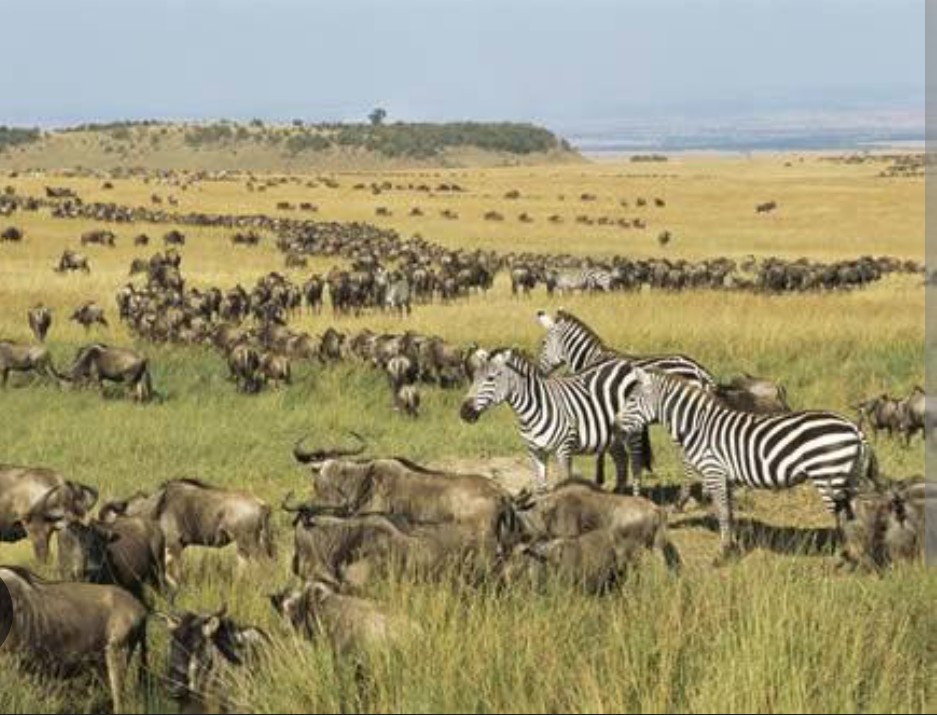Cultural Tourism in Tanzania
With over 120 resident different tribes, there is plenty of local history and colour to be found in all areas of Tanzania
Tanzania’s people are among the most welcoming and approachable on earth with diverse and unique cultures ready to be shared with visitors. It is a rewarding experience to leave your 4X4 vehicle behind and walk through scenic local resident villages with greatest Cultural landscapes in Africa. On the lash tropical slopes of Mt Meru, and Mt Kilimanjaro Waarusha, Wameru or Wachagga guides will proudly describe their carefully cultivated ‘shambas’ with coffee, bananas, fruits, vegetables and dairy cow farming while the World famous Maasai will share with you their age-old pastoralist heritage. Spend part of your time to meet friendly faces of Africa and learn about their ways of life
“Cultural Tourism is beneficial to everyone…. the tourists get unforgettable and unique experience while the local people generate income that improves their standard of living….”
What is the culture of Tanzania?
The Tanzania culture is Swahili, an Arab/African mix, but there are also big Asian communities, particularly Indian, in towns and cities. Tribes inhabit rural areas, including the Maasai of the Great Rift Valley of the north. People of Tanzania are among the most welcoming and approachable on earth with diverse and unique cultures ready to be shared with visitors. It is a rewarding experience to leave your 4X4 vehicle behind and walk through scenic local resident villages with greatest Cultural landscapes in Africa. On the lash tropical slopes of Mt Meru, and Mt Kilimanjaro Waarusha, Wameru or Wachagga guides will proudly describe their carefully cultivated (shambas) with coffee, bananas, fruits, vegetables and dairy cow farming while the World famous Maasai will share with you their age-old pastoralist heritage. Spend part of your time to meet friendly faces of Africa and learn about their ways of life
What are popular foods in Tanzania?
Some typical mainland Tanzanian foods include wali (rice), ugali (maize porridge), nyama choma (grilled meat), mshikaki (marinated beef), samaki (fish), pilau (rice mixed with a variety of spices), biriyani, and ndizi-nyama (plantains with meat).
Various local communities run their own cultural programmes and welcomes visitors to their homes, bringing income directly to local community while giving local people an opportunity to showcase their way of life to the outside world. This creates mutual understanding and friendships between tourists and local people, offering tourists from all over the world the possibility to experience Tanzanian cultural diversity and providing local people in various rural areas the opportunity to build sustainable livelihoods
When they decide to eat a coconut, they rip strips of husk off with their pincers, then hit it repeatedly until it breaks open.
With local guides born and raised in the area, you can discover how many steps it takes to grow, pick, dry, roast, pound and brew fresh aromatic coffee. Participate in the process personally before enjoying the taste and taking home a very personal pocket of Tanzanian coffee! In the pastoral areas of the North and Lake Zone, follow the Sukuma, Iraqw, Barbaiq, and Maasai tracks to explore almost unforgotten traditions and a way of life that is closely linked to nature and wildlife.

